|
At the start of the 1980s, many
local factories were closing due to the industrial
recession. Round Oak Steel Works at Brierley Hill closed
on the 23rd December, 1982, at a time when around 13
percent of the working population in Dudley was
unemployed.
In October 1984, Dudley council
approved the plans of Don and Roy Richardson, twin
brothers, both local businessmen who wanted to build
a retail park and shopping centre on the site of the
works and in the surrounding area.
In 1980, the farmland around the
steelworks had been designated as an Enterprise Zone, by
the government. This was extended in 1984 to include the
site of the steelworks. When the council had agreed to
the Richardson brothers’ plans, the steel works were
demolished and work began on what was to become Merry
Hill Shopping Centre.
By the autumn of 1985, some of the
shops had opened and others followed in April 1986. The
shopping centre was completed in November, 1989.
It brought a large number of jobs
to the area, including some from Dudley Town centre,
when several of the larger shops relocated to Merry
Hill.
The old steelworks site remained
empty until December 1990, when new offices were
completed as part of the Waterfront development. |
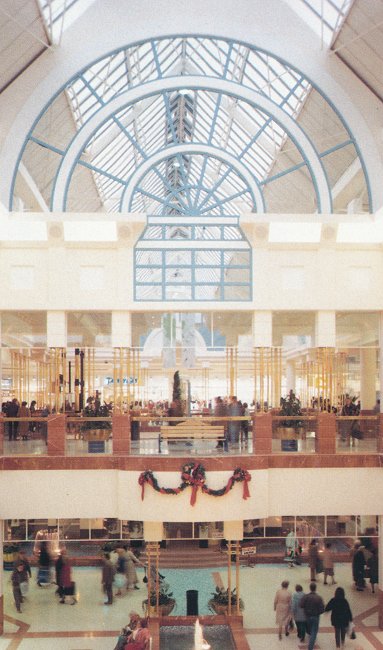
The Merry Hill Shopping Centre. |
|
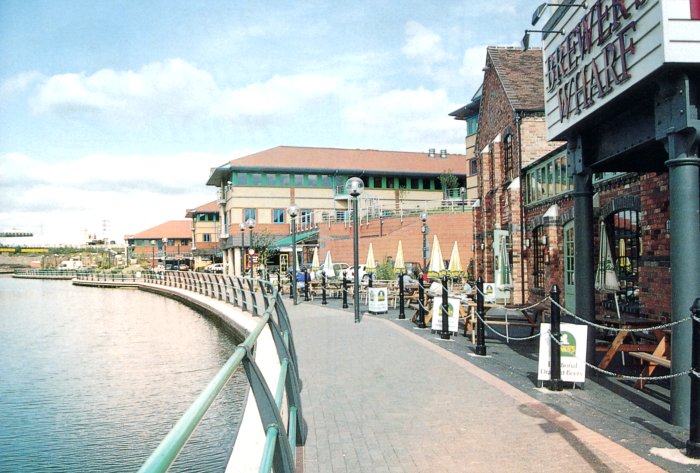
Part of the Waterfront
Development. |
|
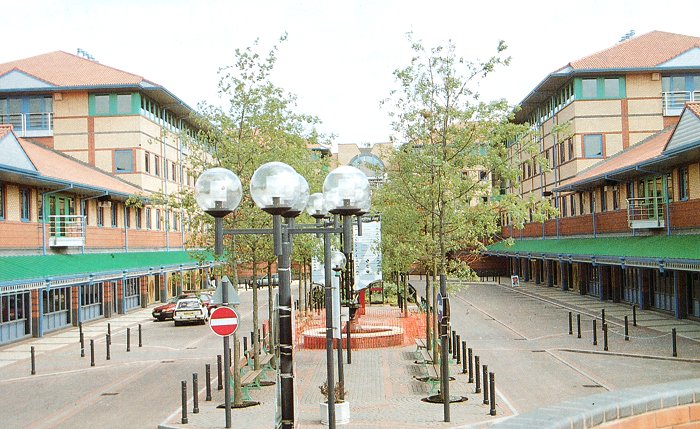
Another view of the Waterfront
Development. |
|

The old Market Place. |
| |
|
Images of old pubs
on old postcards |
 |
| |
|
|
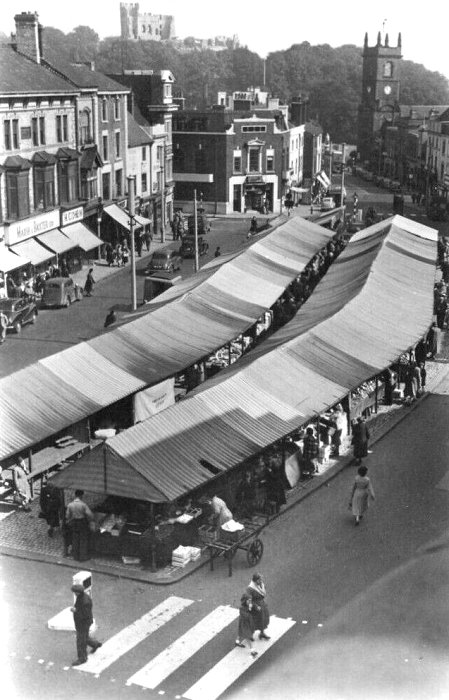
Another view of the old Market Place. |
Dudley Market Place was given a facelift in the
early 1980s when the drainage and sewage systems were
modernised. The surface was improved by the removal of
the old cobbles that were replaced with flat concrete
paving stones. Ornamental cast iron bollards were
fitted to block off the road so that the section between
New Street and Stone Street could be pedestrianised.
New
stalls were installed along with benches and litter bins
and permanent flower displays. The project cost around
£90,000.
While the work was in progress, the market
temporarily moved to Stone Street. |
|
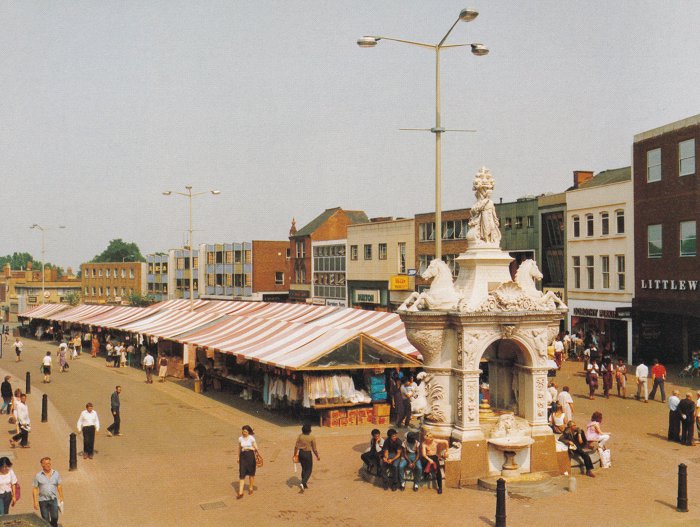
The pedestrianised Market Place.
|
| From 1966, Dudley had a mobile library service, run
from the central library. There were service points at Netherton, Woodside, Dudley Wood and Lodge Farm. The
library also served several schools. The service ended
in May 1991 because of financial cutbacks and lack of
use. |
|

The video lending section at Dudley Library. |

The City of Birmingham Symphony Orchestra performing at Dudley Town
Hall. The City of Birmingham Symphony Orchestra was a frequent visitor
to the Town Hall, which was known for its excellent acoustics and
could seat 1,060 people at a concert. |
| Dudley’s Freightliner Terminal opened on the 6th
November, 1967 and was built at a cost of around
£250,000. It could handle up to 12 trains each day and
was very successful. Because of the high workload, a
second terminal opened in Birmingham, but in July 1981
Freightliner Limited announced that all of Dudley’s
traffic would be moved to the Birmingham site, even
though the Dudley terminal was the 4th most profitable
terminal in the country and the terminal at Birmingham
made the third biggest loss. The terminal survived until
September 1986, when the staff and everything else was
transferred to Birmingham. In 1994, Burton Road
Hospital was demolished and offered for sale in
September 1995 as an area of 13 acres, suitable for
residential development. Dudley Council approved
redevelopment plans and a total of 253, mainly three and
four bedroom houses were built on the site. They were
put on sale in May 1996, with prices ranging from
£49,000 for a three bedroom semi-detached house to £89,000
for a four-bedroom detached house. |
|
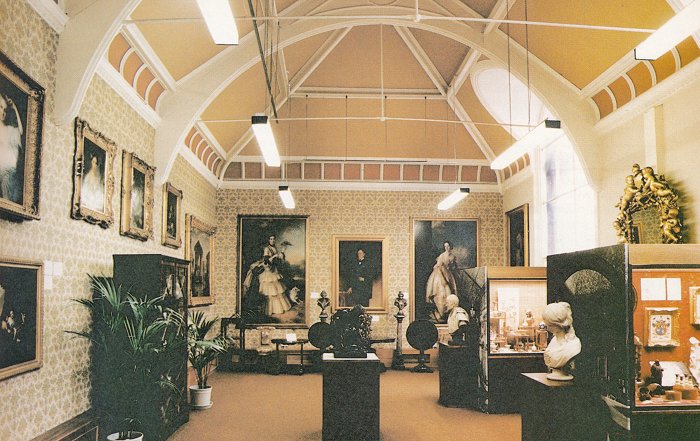
The Brooke Robinson Gallery in the old museum and art gallery, in
Priory Street. |
|
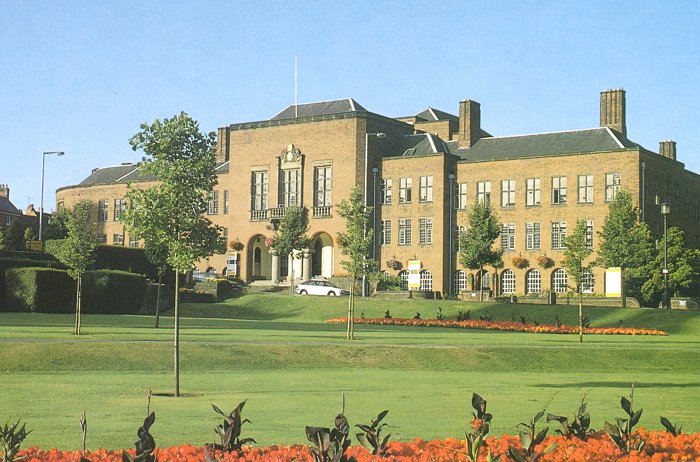
Dudley Council House. |
|
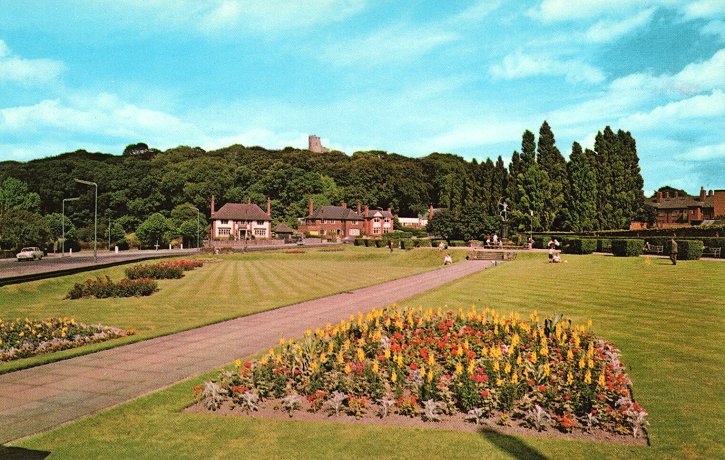
Coronation Gardens. From
an old postcard. |
|
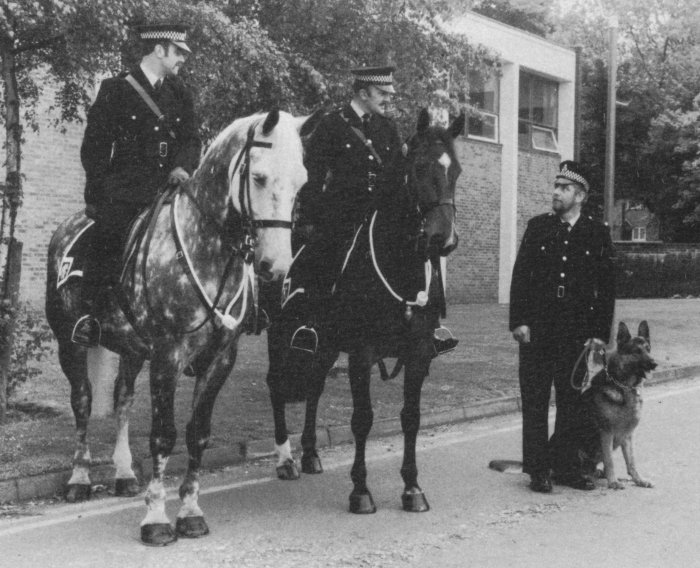
Mounted West Midlands Police officers and a West Midlands Police dog
handler. |
| In February 1996 the remaining Dudley Girls’ High
School buildings in Priory Road were demolished due to
the school’s amalgamation with Dudley Grammar School, to
form the Dudley School, in September 1975. In 1989 it
became Castle High School and in September 2018, it
became St James Academy. In April 1999, a new state of
the art fire station at Burton Road was officially
opened by Councillor Peter Bilson. The site had required
a great deal of stabilisation work because of old mine
workings. The building, which had cost around £2.2
million, replaced the old fire station in Tower Street.
On the 19th July, 1999, Millfield Court and Prince of
Wales Court, two of the 20 story Eve Hill tower blocks
were demolished by controlled demolition in front of a
large crowd of spectators. The flats had fallen into
disrepair and the 236 residents were given compensation
and priority for re-housing. The third tower block,
Butterfield Court, was renovated. The site of the tower
blocks was redeveloped for housing. |
|
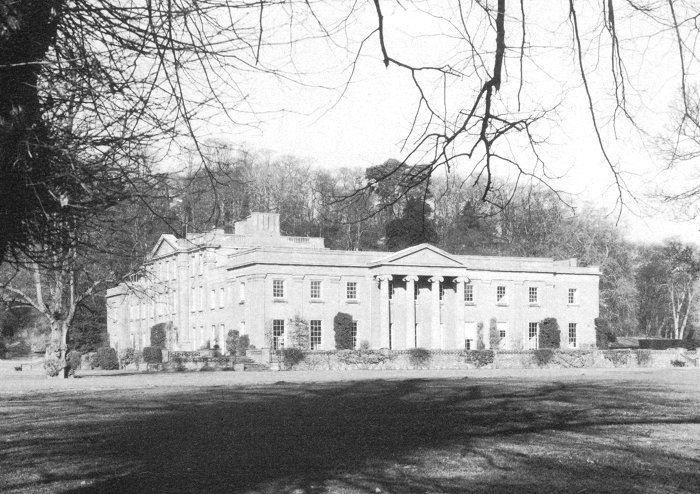
Himley Hall. |
|

A narrow boat emerges from Dudley Canal Tunnel into Castle Mill
Basin. |
|

Dudley Castle. |
|

Wrens Nest Nature Reserve. |
| Dudley Market Place and High Street have had mixed
fortunes since the success of the shopping centre at
Merry Hill and the closure of some of the country’s
leading department stores. British Home Stores closed in
June 1990, Marks and Spencer closed in August 1990, C &
A closed in January 1992, Littlewoods closed in January
1990, Woolworths closed in December 2008, Beatties
closed in January 2010, WHSmith closed in 2013, River
Island closed in 2020, Argos and New Look
closed in 2021. Other losses include Thorntons and
Dorothy Perkins. In 2014 and 2015 the Market Place and
Castle Street was redeveloped at a cost of £6.7million
thanks to Dudley Council and the
European Regional
Development Fund. The project included the building of
74 new market stalls, new paving, improved lighting and
street furniture. The market fountain was restored, the
Earl of Dudley's statue was re-positioned in a raised lawn
and the Duncan Edwards statue was refurbished and moved.
A new bronze statue of Ben Boucher was added. He loved
drinking beer, which was paid for by selling poems. |
|
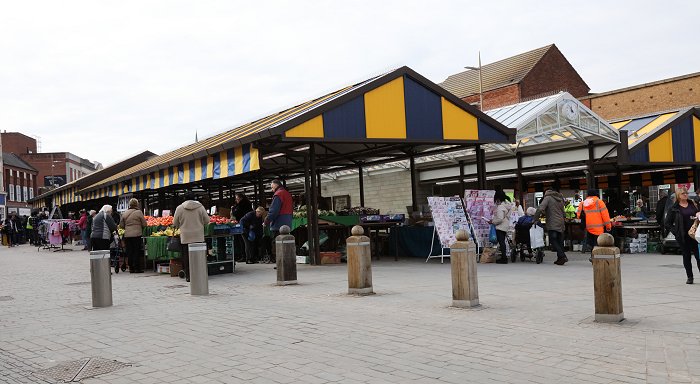
The redeveloped Market Place. |

Herman Smith Hitco's computer controlled autoclave for curing
resins. Herman Smith Hitco invested £100,000 on the computer-controlled
autoclave, which was one of the most advanced of its kind in the
world. The company later became F.R. Hitco and built new premises in
the Dudley Enterprise Zone at New Road, Netherton, for the
manufacture of advanced composite structures for aerospace,
commercial and industrial applications. It was recognised by the
Ministry of Defence in 1983 and became part of British Petroleum on
the 30th June, 1987. |
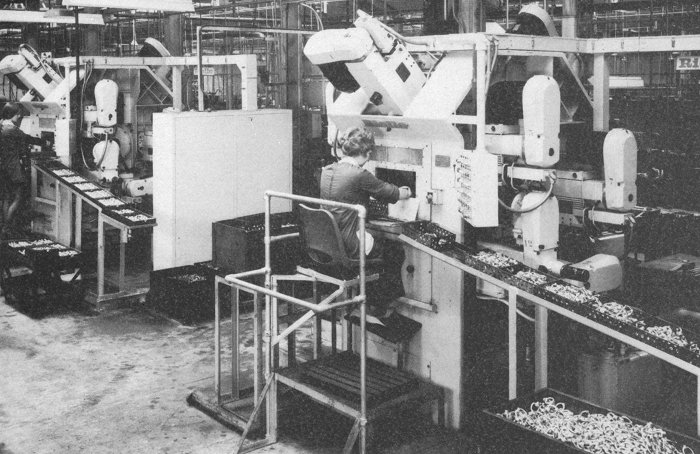
Ewarts Limited. Manufacturer of hot brass stampings, metal
pressings, machined components and pipe assemblies. |
|
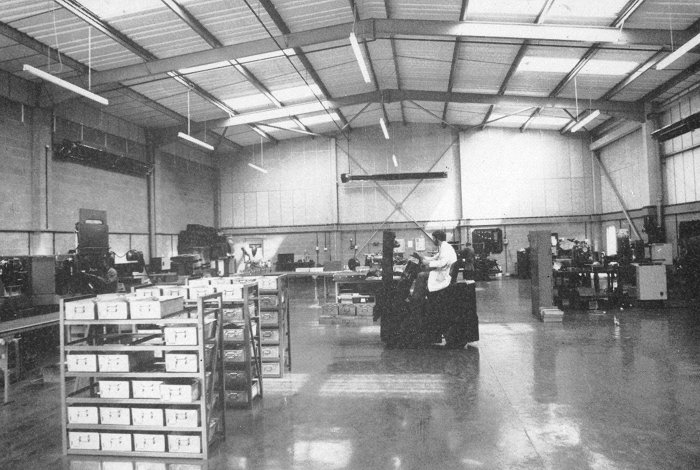
Rotabolt Limited, manufacturers of a revolutionary pre-tensioned
bolt. |

Parker Thompson Cycles Limited,
manufacturer of sports and lightweight cycles in Dudley
Enterprise Zone. The business was founded by Jim Parker
and Andy Thompson in Peartree Lane, Dudley. |
|
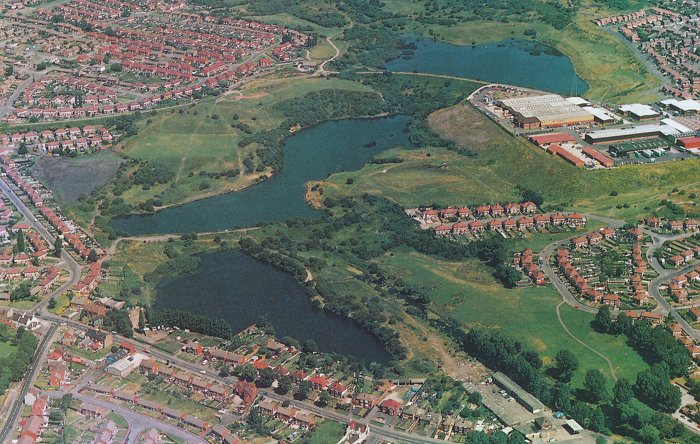
Fens Pools Nature Reserve. |
|
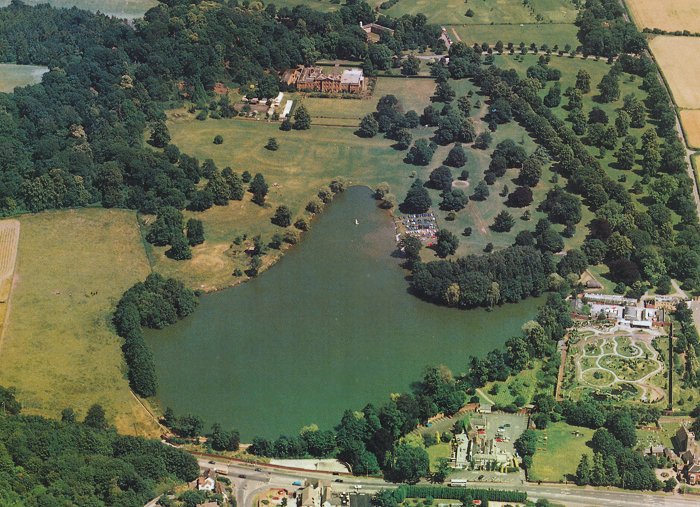
Himley Hall and grounds. |
|
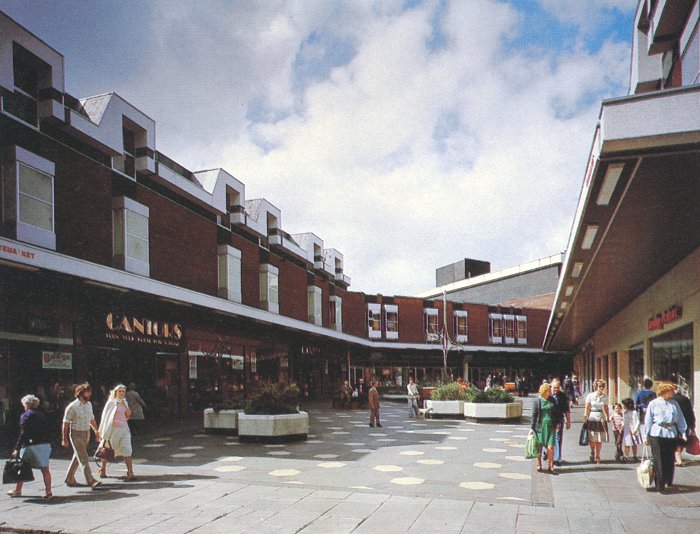
The
Ryemarket Shopping Centre, Stourbridge. |
|
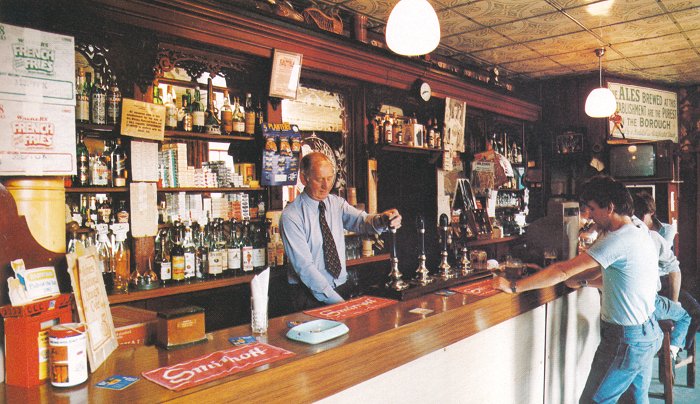
Bentley's Wine Bar, Castle Hill. |
| Since 2018 things have improved in Dudley's shopping
area. The number of empty shops has decreased since
2013, when almost a third of high street properties were
empty. Hopefully this trend will continue and empty
shops will one day, be a thing of the past. |
|
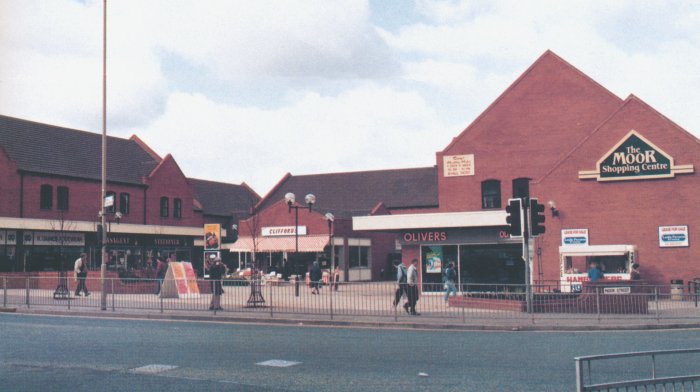
The Moor Centre in Brierley Hill,
which was acquired by Evolve Estates, London, in 2015. |

The Dry Dock pub in Netherton. It
opened in about 1845 as the Bulls Head and became the
Dry Dock in June 1985 with a narrow boat inside as a
bar. It closed in December
2005. |
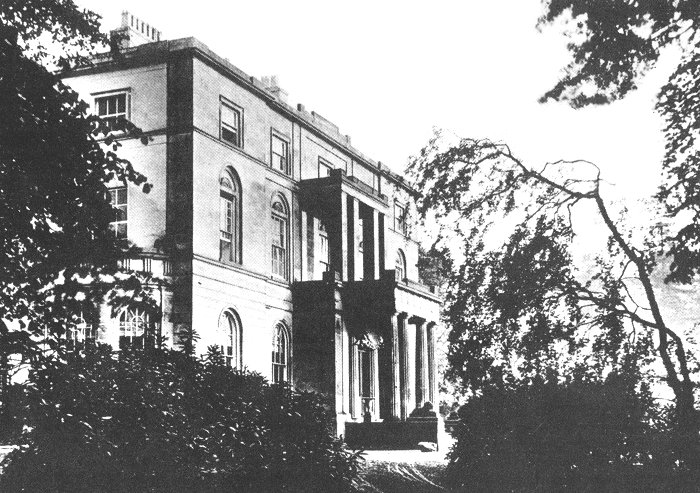
Ellowes Hall Sedgley, built in
1821 as the home of coal and ironmaster, John Turton
Ferriday. It stood near to Ellowes Hall Sports
College and was occupied by the Home Guard in World
War 2. Sadly it was demolished in 1964. |
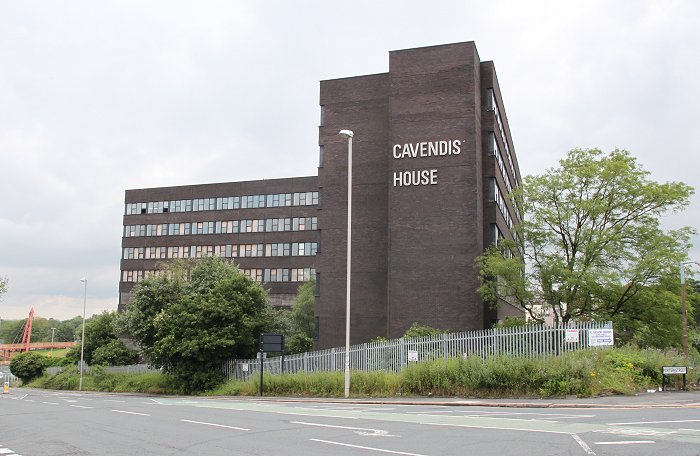
Cavendish House, next to Duncan
Edwards Way, was seen as an eyesore by many people after
it remained empty for around 20 years, having previously
been the Inland Revenue offices. It was finally
demolished in May, 2020. |
|
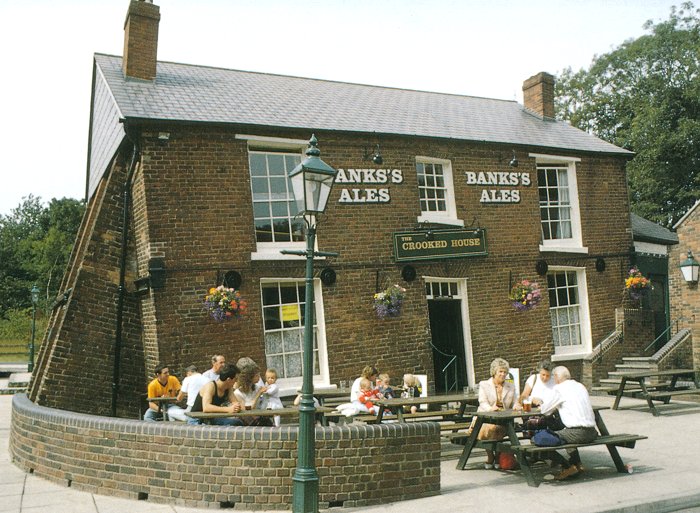
The Crooked House pub, off Himley
Road. |
|

The building of the new canal
tunnel into the Singing Cavern. |
|

The Singing Cavern in the Dudley
Canal Tunnel. |
| Brierley Hill’s Waterfront Complex will hopefully
have a bright future. In recent times, two new bars,
several start-up companies and a street food market have
opened, but some shops are still empty. It is hoped that
the Wednesbury to Brierley Hill metro extension will
have a big impact on the area, bringing much needed
shoppers and helping people to commute to and from work.
Dudley Metropolitan Borough has steadily grown and now
has a population of around 313,000. Future projects
include an Institute of Technology and a Higher
Education ‘university park’. Other projects include a
national centre for a new transport technology, called
Very Light Rail. The Very Light Rail (VLR) National
Innovation Centre will hopefully transform the rail
industry. A two-kilometre test track has already been
laid. The Portersfield residential and leisure
development close to the new Midland Metro route is
expected to bring hundreds of jobs. The future looks
very bright and hopefully Dudley will continue to go
from strength to strength. |
|

Dudley Castle and Zoo. |
|

Dudley Hippodrome. |
 |
|
 |
|
 |
Return to
1950s, 1960s, 1970s |
|
Return to
the contents |
|
Proceed to
References |
|